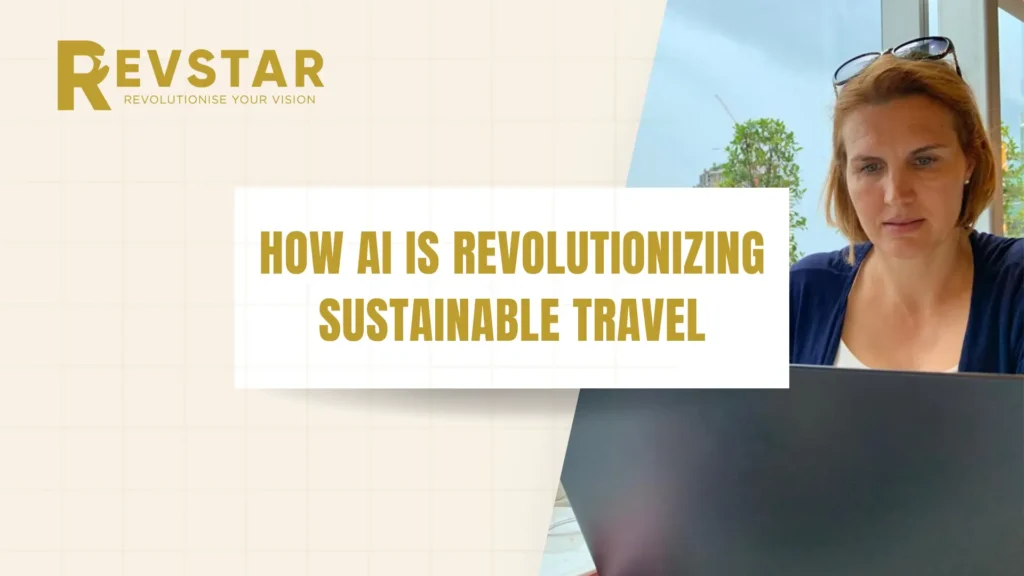Summary
Artificial intelligence is becoming a critical driver of sustainability in the travel industry, helping companies reduce environmental impact while improving efficiency. From optimizing aircraft routes to cutting hotel food waste, AI tools are supporting smarter decisions across the sector. Initiatives such as predictive aircraft maintenance, AI-powered food waste tracking, and intelligent hotel energy systems are already delivering measurable environmental gains. AI is also aiding consumers in choosing truly eco-friendly travel options by reducing the risk of greenwashing.
5 Key Takeaways on How AI is Advancing Sustainability in Travel
1. Reducing Aviation Emissions with Smarter Flight Paths
AI provides pilots with real-time weather data and predictive models to adjust routes mid-air, reducing fuel burn and CO₂ output.
- Example: Avoiding missed tailwinds or navigating around headwinds improves fuel efficiency significantly.
2. Cutting Contrails to Combat Global Warming
AI helps aircraft avoid humid areas that form contrails—responsible for approximately 35% of aviation’s warming effect.
- Example: American Airlines and Google’s Project Contrails showed AI can reduce these vapour trails by over 50%.
3. AI-Driven Predictive Maintenance for Efficiency
Airlines use AI to detect maintenance needs before issues arise, minimizing last-minute repairs, delays, and environmentally costly logistics.
- Benefit: Fewer disruptions mean lower emissions from auxiliary transport and emergency flights.
4. Minimizing Hotel Food Waste with AI Insights
Smart kitchen bins use AI to analyze food waste by source and type, helping chefs adjust portioning and prep methods.
- Example: A simple change in how tomatoes were cut saved over 1,100 tonnes of waste in a year at Iberostar hotels.
5. Smarter Energy Use in Hotels
AI systems coordinate between hotel appliances (like A/C) using weather forecasts and usage patterns to maximize energy efficiency.
- Impact: Reduced energy consumption and operational costs, while supporting sustainability goals.
For more information, read this article: How travel is getting smart – and more sustainable – with AI (Reuters)




